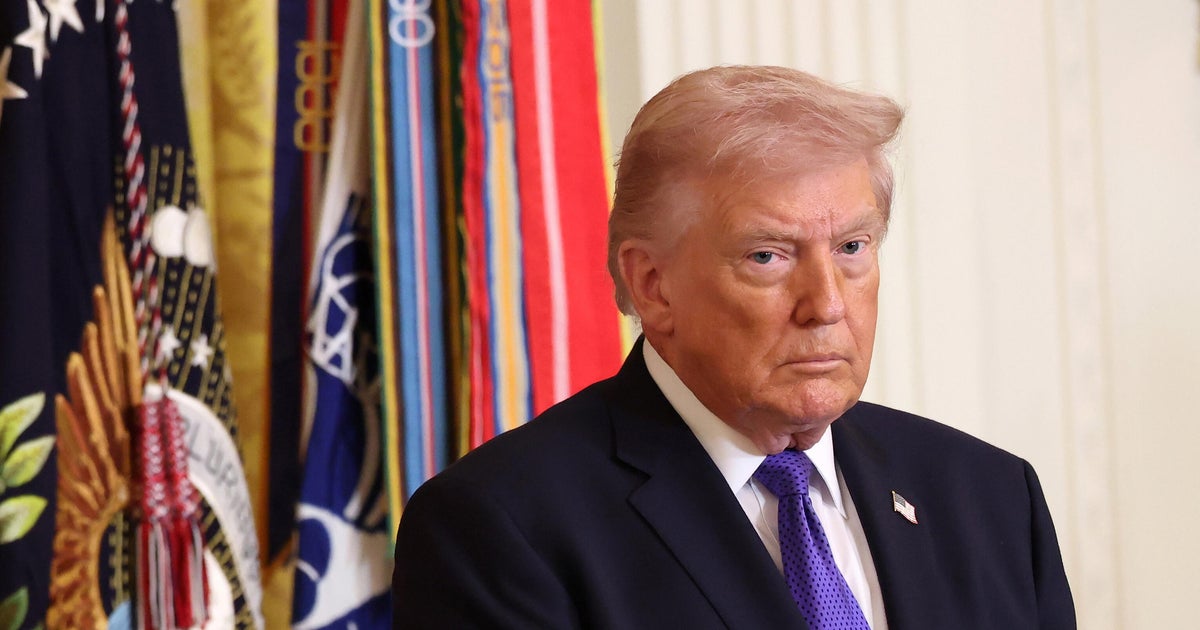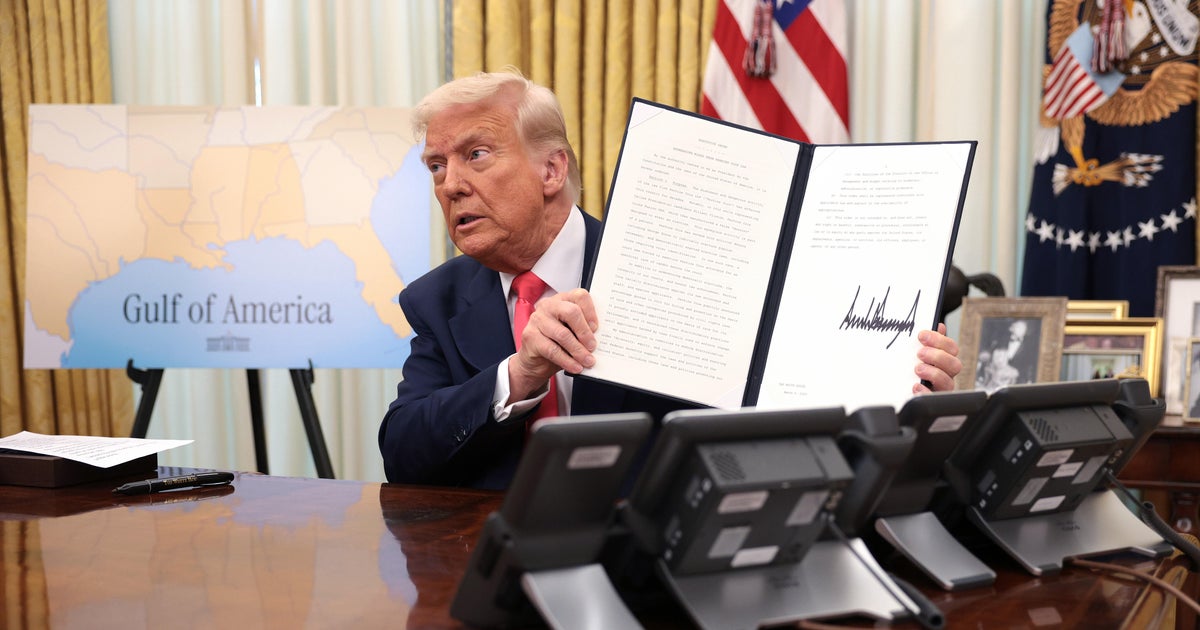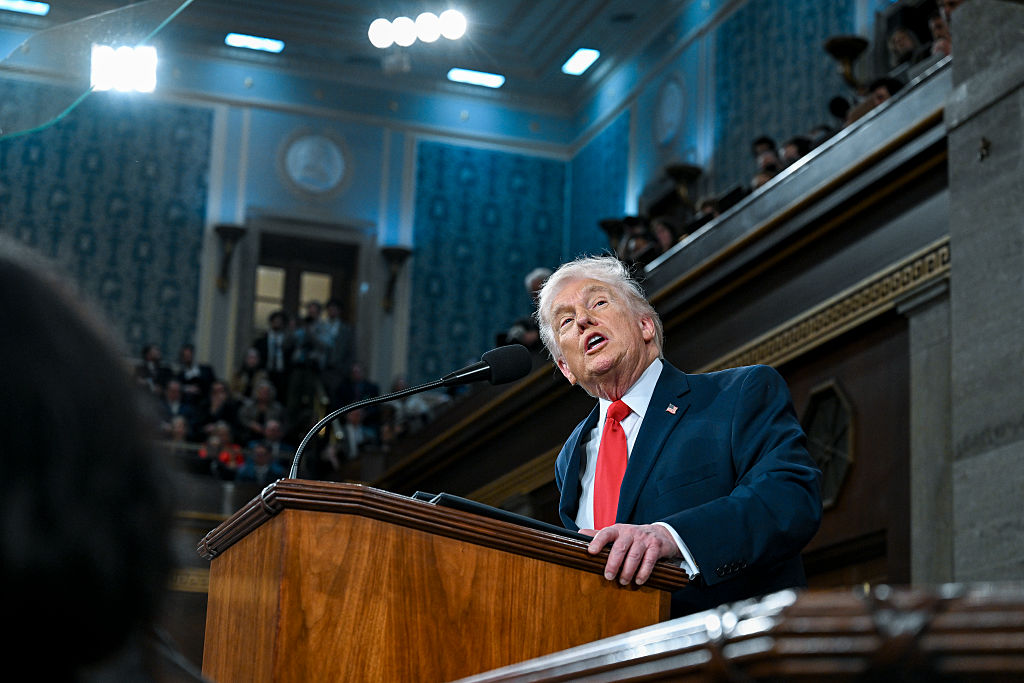White House won't say if Trump believes in climate change
President Trump's beliefs regarding climate change have ranged from his claim that it is a "hoax" to being a signatory on a 2009 New York Times advertisement making the case for action on climate change.
But on Thursday, shortly after making the significant announcement that the U.S. was pulling out from the Paris Agreement on climate change, the White House could not say where President Trump stood on the scientific consensus that human activity contributes to climate change.
"The fact that the President in this speech today said that he wants to come back and renegotiate a better deal for the U.S. and for the world I think pretty much speaks for itself," a White House official told reporters in a briefing of the President's stance on the issue.
"I think that speaks for itself," the official repeated when pressed again before adding that he "had not talked to the President about his personal views."
When a reporter pressed again on the administration's position, the White House official deemed the matter "off-topic."
Why Mr. Trump wants to renegotiate the terms of the Paris Agreement when his views on climate remain murky. An official explained that "he's very proud" of the U.S.'s record on reduced CO2 emissions. "Our record is second to none," the official claimed.
Earlier this week, Press Secretary Sean Spicer also dodged a question on Mr. Trump's beliefs.
"Honestly, I haven't asked him," Spicer said. "I honestly haven't asked him that specific question."
During a briefing in March, a White House official said that Trump administration did accept the science of climate change, but officials steered clear of that language on Thursday. That did not stop Mr. Trump from declaring that under his administration the U.S. will be "the most environmentally friendly country on Earth."
"We'll be the cleanest," he said. "We're going to have the cleanest air. We're going to have the cleanest water."
The U.S. is currently the second biggest carbon dioxide polluter in the world after China, according to research from the World Bank.



